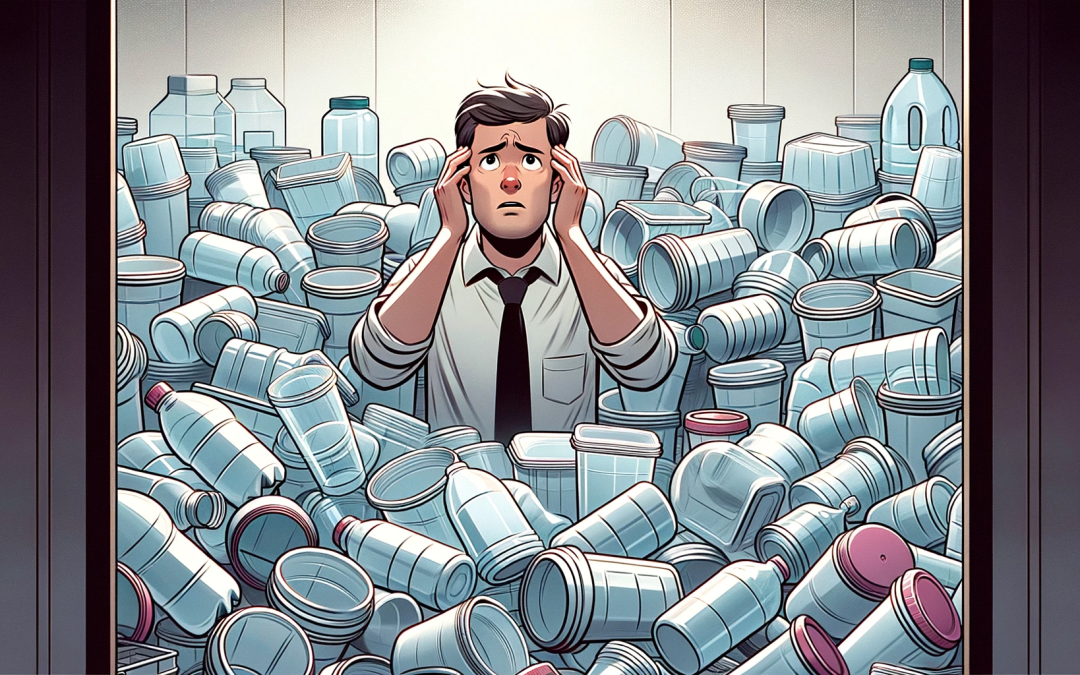Jenny and her husband, to whom she was married in community of property, entered debt review five years ago and since, a Court order in terms of Section 86(7)(c)(ii) granted. Jenny and her husband, has since gotten divorced and a settlement agreement entered into between them, was made an order of Court. The divorce settlement agreement makes provision for the debts of each party to be paid by the party that had incurred the debt. Jenny had only two accounts that were included in the debt review and she desperately wishes to withdraw from the debt review process in order to purchase a house for herself after the divorce. When attending the bank however, they reject her request for finance as the credit bureaus have indicated that she is in fact under debt review. Jenny has requested advice on how to exit the debt review process.
WHEN IS THE CREDIT BUREAU UPDATED ON DEBT REVIEW
When attending the office of the debt counsellor for the first time, a consumer completes a form 16 which indicates that consumer’s income and expenses. Based on the information presented to the debt counsellor, he or she must make a factual finding of over-indebtedness. If a consumer is factually not able to meet his or her obligations monthly, such consumer is over- indebted. Once the finding of over-indebtedness is made by a debt counsellor, he or she will update the consumer, his or her creditors and the credit bureaus of such finding. The credit bureau henceforth will display this information on the credit profile of the consumer. This is commonly referred to as the debt review flag.
CAN A CONSUMER CANCEL THE DEBT REVIEW
Yes, a consumer can cancel the debt review process at any time by cancelling the debt counsellor’s mandate. What this cancellation however means is that the debt counsellor no longer carries any instruction from the consumer and does not act on his or her behalf as debt counsellor. The debt counsellor will thereafter not take any funds from the consumer to distribute to his or her creditors and the consumer will not be protected from legal action by his or her credit providers.
It does not however have the effect of cancellation or removal of the debt review flag on the credit bureaus. This flag can be removed only in very limited cases.
RESCISSION OF A DEBT REVIEW
One of the manners in which to remove the debt review flag, is to rescind the debt review Court order.
There are very limited scenarios in which a debt review Court order can be rescinded. The most recent judgment in this regard is the matter of Van Vuuren vs Roets and Others and a Similar Matter. The full judgment may be read here [Van Vuuren v Roets and Others (37407/2018) [2019] ZAGPJHC 286; [2019] 4 All SA 583 (GJ); 2019 (6) SA 506 (GJ) (3 September 2019) (saflii.org)]. The judgment confirms that a consumer may not decide to exit the debt review after a Court order was granted, based on the fact that such consumer can now easily afford his or her expenses monthly. The fact that the consumer’s financial circumstances has changed to the extent that debt review is no longer necessary is not a ground for such consumer to apply to the Court for an order in terms of Section 87(1)(a) of the National Credit Act, rejecting the debt counsellor’s finding of over indebtedness. The Court confirms that a consumer may exit the debt review only in terms of Section 71 of the National Credit Act. This section directs that all debts, but for a bond or long-term agreement, has to be settled, whereafter the consumer should request a clearance certificate from his or her debt counsellor.
HOW CAN A CONSUMER RESCIND THE DEBT REVIEW ORDER?
An attempt at rescinding the debt review order, will have to be launched to Court based on the Magistrate’s Court Act and Rules. Section 36 of the Magistrate’s Court Act directs that the Court may rescind an order on the application of any judgment that was:
1. Granted in the absence of the Respondent;
2. Was void from the instance;
3. To correct patent errors in any judgment;
4. Rescind or vary any judgment in which no appeal lies.
5. Where the judgment debt has been paid in full
Therefore, in order for a consumer to approach the Court for a rescission application, the Consumer will have to convince the Court that the judgment should be rescinded in terms of the above section.
From the above it is evident that the Jenny may have a viable chance of success in rescission of the order based on the fact that she had divorced since the debt review application, which application contended that her and her husband’s joint estate was over-indebted. The estate has since been divided and fresh facts have arisen which may convince the Court to rescind the order insofar as applicable to herself.
The application will however still need to comply with the provisions of the National Credit Act, Section 71 as confirmed by the Van Vuuren case. In other words, Jenny would most likely only be successful if the indicates in her application that the accounts that were in her name have since been settled.
At date, the law surrounding rescission of debt reviews is very limited and there is no case law providing guidance in this respect, especially regarding rescission applications in which the Court is requested to find the consumer no longer over-indebted without some extraordinary circumstance being presented. In this regard, the Van Vuuren judgment seems to close the door to the consumer approaching the Court for a rescission based on the provisions of Section 87(1)(a) of the National Credit Act.
IS THERE ANY OTHER WAY TO EXIT DEBT REVIEW AFTER A COURT ORDER?
Yes! Once a Court order is granted, section 71 of the National Credit Act becomes the applicable section in exiting the debt review process. Section 71 provides that, once a Court order is granted, the consumer may apply for a clearance certificate from the debt counsellor once all obligations under each credit agreement, barring home loans and long-term agreements, has been settled; and the consumer has indicated his or her financial ability to continue payments to a home loan or long-term debt and that there are no arrears on such home loan or long-term debt.
Jenny will therefore have to settle both outstanding accounts in order to request a clearance certificate from the debt counsellor if she chooses to follow this route.
CONCLUSION
The law surrounding the exiting from the debt review process is still very new and evolving. It is at best uncertain what a consumer’s rights are in this regard. In order to ensure that a consumer receives the most accurate advice on how to cancel or exit the debt review process, it is best to discuss his or her options with an attorney that specializes in such matters.













